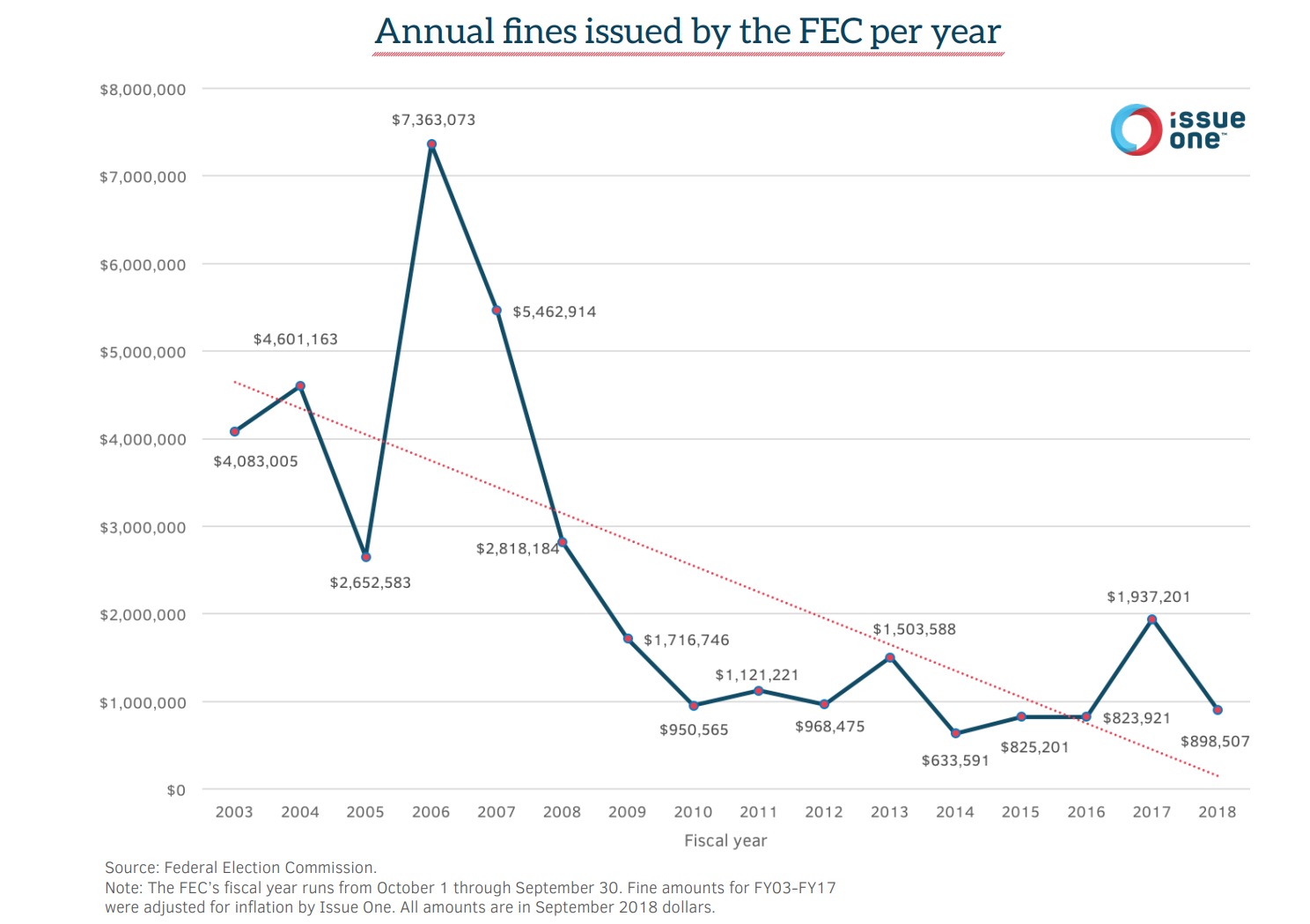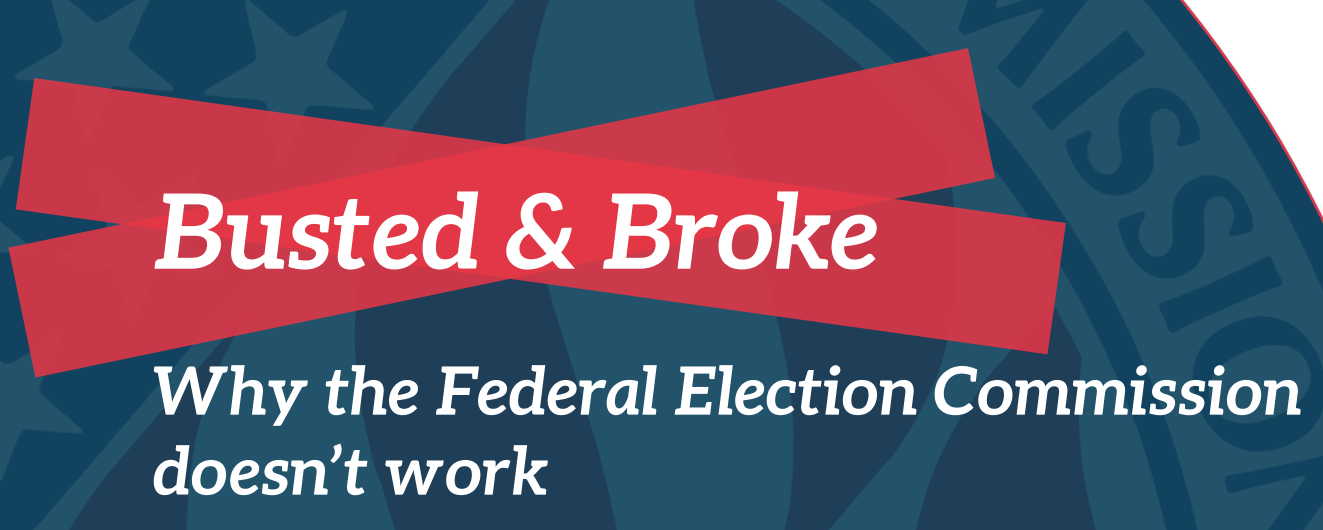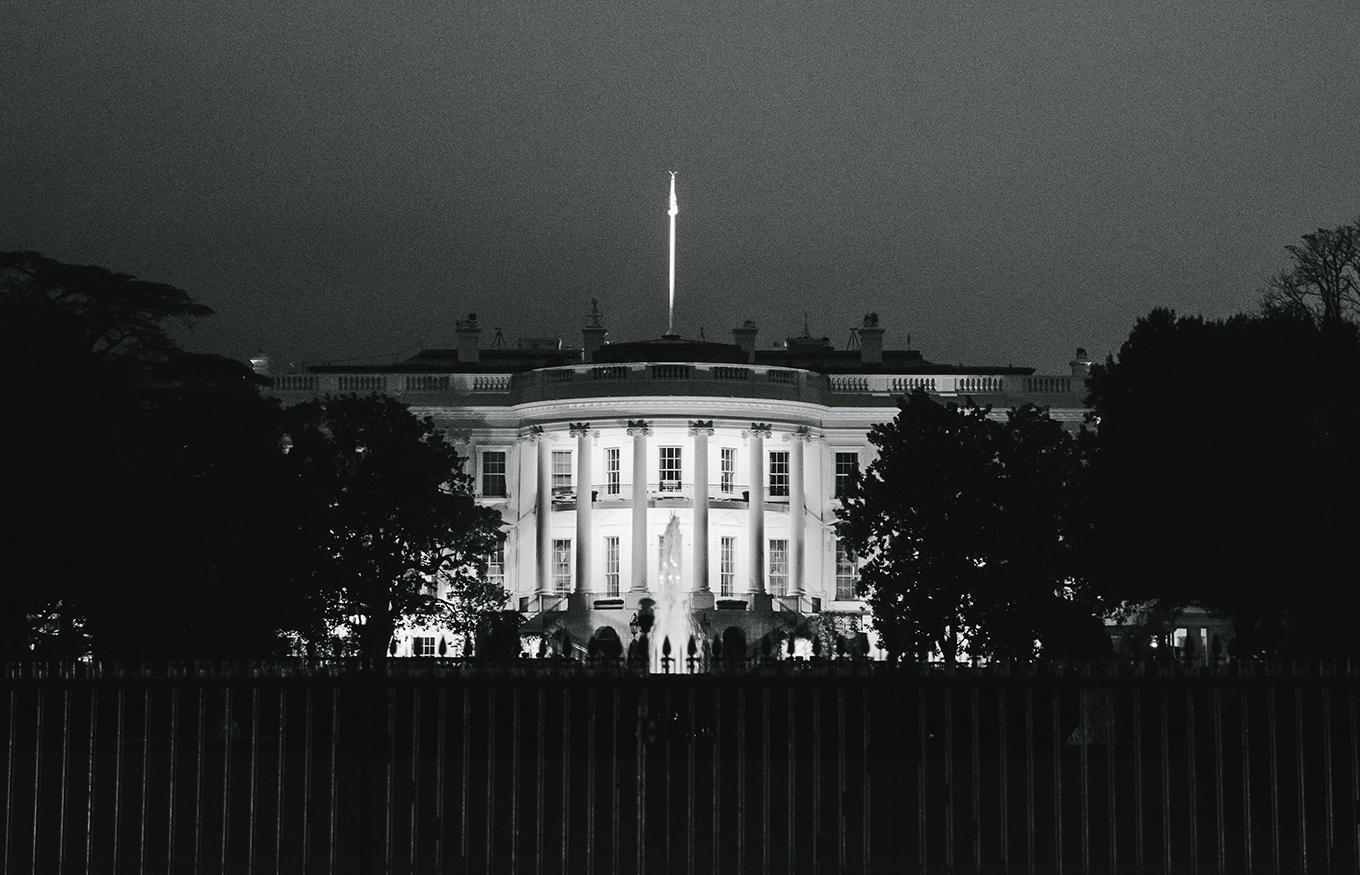Issue One’s latest report, “Busted & Broke: Why the Federal Election Commission doesn’t work,” reveals why the FEC is dysfunctional and how the agency lacks the budget, staff, and teeth it needs to enforce the country’s campaign finance laws as the 2020 elections unfold.
While it is common knowledge that the FEC gridlocks frequently, it is less known that the agency is severely understaffed and underfunded. The lack of resources is crippling the enforcement of existing election and anti-corruption laws.
“The FEC is failing to get its job done and creating a crisis for our elections,” said Issue One CEO Nick Penniman. “As the nation heads into what is expected to be the most expensive election in history, with foreign actors dead-set on interfering in our elections, the public deserves a watchdog with the power to hold wrongdoers accountable.”
New research by Issue One shows:
- There has been a dramatic decline in fines issued by the FEC. During the past five years, the median amount of fines issued by the FEC annually was just $825,000 (in 2018 dollars), compared to $4.6 million (adjusted for inflation) in the five years following the Bipartisan Campaign Finance Reform Act of 2002.
- If one more commissioner leaves the FEC, the agency will cease to function. There are currently two vacancies on the six-member commission, and four votes are required to take action. The FEC currently needs unanimous consent to take action on anything. Additionally, each sitting commissioner is serving on a well-expired term, including Chair Ellen Weintraub, who has been at the agency for more than 16 years. (Each FEC commissioner’s term is supposed to be six years.) The last two commissioners — Republican Lee Goodman and Democrat Ann Ravel — both left the agency before serving a full six years.
- The FEC suffers from ongoing, crippling brain drain and low morale. The FEC has lost 24 employees during the past three years without replacing them. Over the past 16 years, roughly one in five employees has left the FEC without being replaced — including a pair of commissioners and numerous high-level officials.
- The FEC’s budget has stagnated — but its oversight responsibilities have not. The agency’s enforcement division has shrunk to just 41 employees — down from 59 in 2010 — while the case backlog continues to grow (from 100 cases in 2010 to 329 in 2018).

Neither Democrats nor Republicans have made new FEC nominations a priority. During his eight years in the Oval Office, President Barack Obama nominated people to fill just three seats on the FEC, while he could have nominated six. The sole individual Obama nominated during his first term withdrew from the process, and the two who were confirmed as FEC commissioners during Obama’s second term left the agency before either served a full six years. To date, President Donald Trump, who could likewise nominate six new FEC commissioners, has nominated just one. But the Senate has never acted on Trump’s nomination, even though there are two vacancies and the four sitting commissioners are each serving at least six years past the expiration of their terms.
The vacancies don’t stop at the top: A recent inspector general report noted that vacancies at the management level could result in inadequate oversight of daily operations.
As one former Republican chairman of the FEC has said, the commission “is an actual impediment to enforcement of the law.”
All this speaks to a federal agency that is unable to fulfill its mission. The commission today is underfunded, understaffed, and the anti-corruption laws that help guarantee the integrity of our campaigns are underenforced.
Read the full report “Busted & Broke: Why the Federal Election Commission doesn’t work.”










